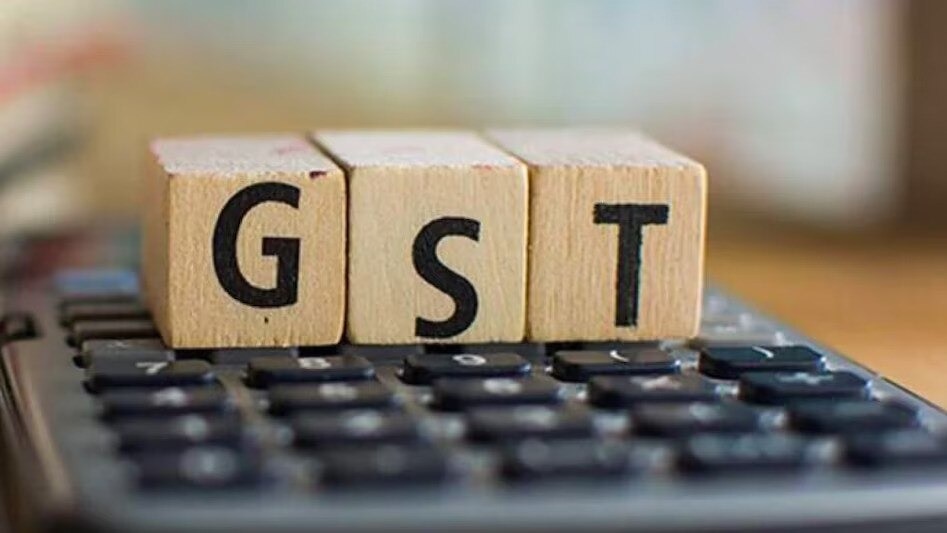In a move that will provide much needed relief to industry in adjudication of indirect tax disputes, the government has notified the Goods and Services Tax Appellate Tribunal (GSTAT) (Procedure) Rules that allow for online filings, hybrid hearings and listing of cases on an urgent basis.
As per the notification, the rules become effective from April 24, 2025, and the GST Appellate Tribunal portal has already gone live. At present, it shows that two users have already been registered, one advocate has been registered and one e-appeal filed.
Now, all appeals, applications, and documents must be submitted digitally on the GSTAT Portal, with electronic processing and notices. Hearings can be in-person or online, as approved by the Tribunal President.
It has also set strict timelines and said that urgent appeals filed by noon can be listed on the next working day and late filings by 3 pm can also be listed with permission on the next working day.
Respondents will have to reply within one month and applicants can file a rejoinder also within one month. The tribunal will issue ordered within a period of 30 days from the date of the final hearing, excluding holidays.
The tribunal will sit on all working days from 10:30 am-1:30 pm and 2:30 pm-4:30 pm, with possible extensions while the office will remain open from 9 am to 6:00 pm on working days.
A daily cause list will be posted online and on notice boards, prioritising order pronouncements, clarifications, and admissions.
The GSTAT is the Appellate Authority under the GST Act, 2017 to hear appeals on tax disputes against the orders passed by the Appellate or Revisional authorities. Its Principal Bench is based in New Delhi and has 31 State Benches located across the country, with sittings in 44 different locations.
The Centre had appointed (Retd) Sanjaya Kumar Mishra as the first President of the GSTAT in May 2024.
Experts welcomed the notification of the rules which rely on online filings and aim to cut down delays, which would help in faster resolution of disputes. Saurabh Agarwal, Tax Partner, EY said the rules reflect a clear intent to streamline dispute resolution and reduce procedural delays. “This is a major step forward in strengthening taxpayer confidence and modernising India’s indirect tax litigation framework,” he said.
Sandeep Sehgal, Partner-Tax, AKM Global, said the rules lay down a comprehensive and streamlined procedure for the functioning of the GSTAT, which is a critical cog in the GST dispute resolution mechanism. “With 15 structured chapters, the Rules detail the procedures for institution and admission of appeals, conduct of hearings, electronic filing, and disposal of cases in a time-bound and efficient manner,” he noted.
Sivakumar Ramjee, Executive Director-Indirect Tax , Nangia Andersen LLP, highlighted that regional benches across states will ensure that justice is no longer a distant destination, quite literally. “A taxpayer in Coimbatore needn’t wait on Delhi to be heard,” he pointed out.
Further, the rules also tighten the gate. Only genuine cases, backed by a pre-deposit and a clear cause, will reach the Tribunal, he noted, adding that this reduces frivolous filings and streamlines the docket for quicker outcomes. A structured and impartial selection process for members further enhances credibility and fairness







